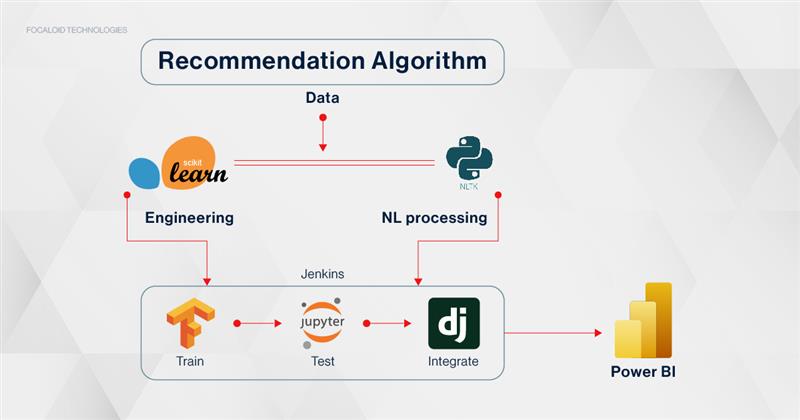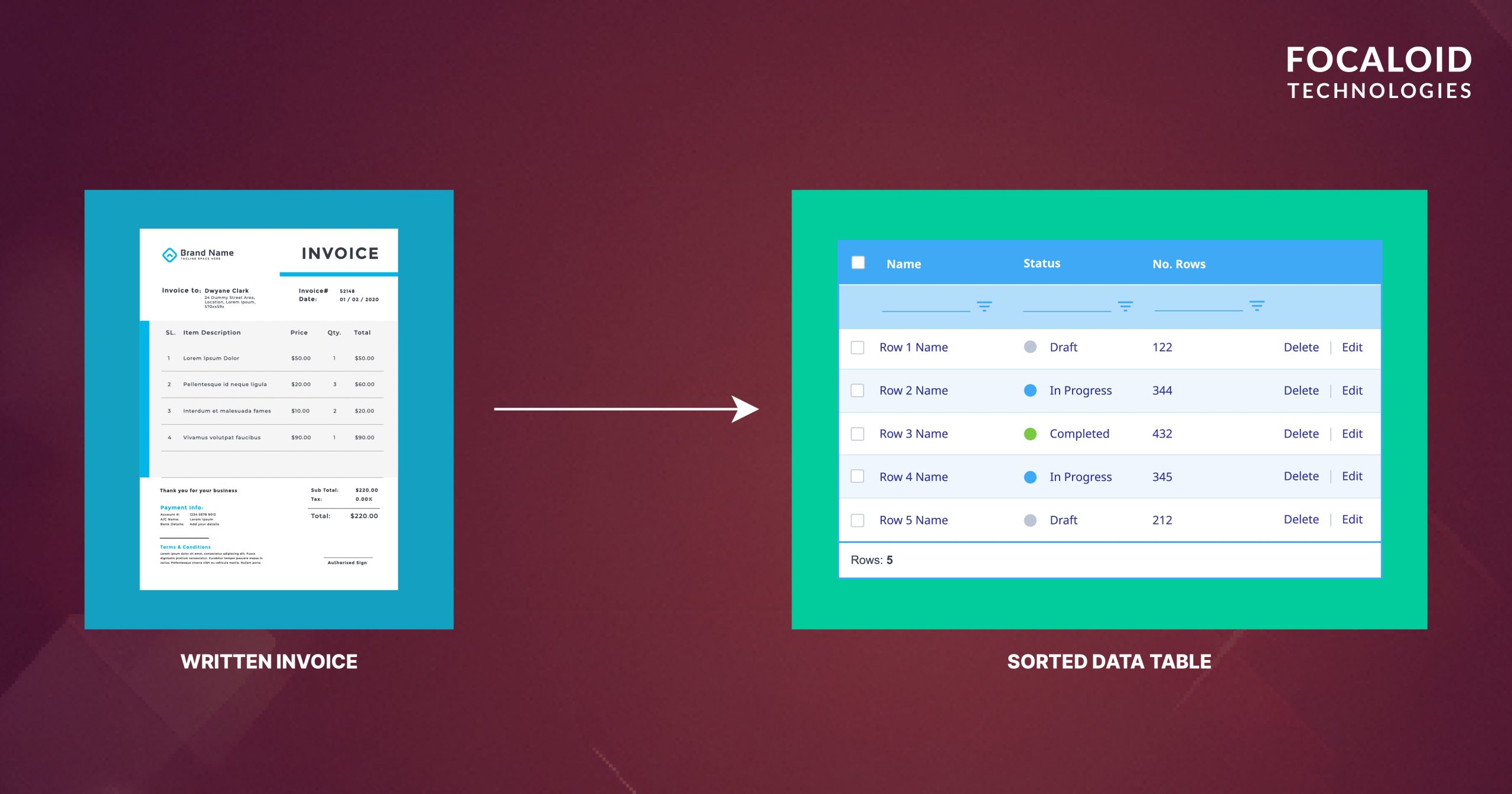App Development |
CLOUD |
All About Cloud Application Development in 2022
26/05/2022
All About Cloud Application Development in 2022
Cloud application development is extremely popular today. Availing Cloud services by organizations worldwide is the norm rather than the exception. We take a look at this modern trend.
What is Cloud?
In the Cloud model, users get access to computing resources, database storage, and other services which are present in remote locations. Instead of purchasing in-premise hardware and software, organizations get software/hardware/database/networking resources by paying a subscription fee.
What is Cloud Application Development?
Cloud application development involves developing apps that execute in the cloud and employ the available cloud features and services.
Types of Cloud Services
There exist three major types of cloud services
- Infrastructure-as-a-Service (IaaS)
- Platform-as-a-Service (PaaS)
- Software-as-a-Service (SaaS)
Infrastructure-as-a-Service (IaaS)
Here computing infrastructure is provided over the Internet. The client has to provide application and middleware support. Necessary computing, storage, and networking resources are provided on demand. This model permits businesses to buy resources on-demand as well as as-needed rather than having to buy the whole hardware outright.
This model is particularly valuable to start-ups and small companies. It is also ideal for organizations experiencing rapid growth. Classic examples of IaaS are Microsoft Azure and Amazon Web Services (AWS).
Platform-as-a-Service (PaaS)
Here a complete web application development environment is provided. Users can concentrate on the management and deployment of applications. This model offers a framework for developers they employ to produce customized applications. Here developers can focus on creating software without the responsibility of managing infrastructure, software updates, or storage. There is no hassle in maintaining the software.
For your information, PaaS leverages virtualization technology. It works best in scenarios where developers have to craft customized applications. Classic examples of PaaS are Force.com and Windows Azure.
Software-as-a-Service (SaaS)
Here the software is provided via the cloud. Software need not be purchased and installed on individual computers. SaaS is also called “on-demand software”. E-mail is a classic example of SaaS. Salesforce and Dropbox are other examples.
Deployment Models
The computing resources are owned and operated by a cloud provider. Many organizations share the cloud by paying a subscription amount. The advantage is the affordable price.
Here the cloud is exclusive to a single organization. This model offers superior security. The computing services are offered only to select users rather than the general public.
This is a combination of public cloud and private cloud. Today few entities rely entirely on the public cloud. So, the hybrid cloud model is becoming extremely popular.
It shares similarities with the private cloud. Here the data sharing happens between multiple entities. For instance the different departments of a particular organization.
Benefits of Cloud Application Development
Generally, companies have to purchase the whole hardware and software for their respective projects. Many times, storage resources, networking resources, and computing resources are not fully used. However, by the time companies realize this the investment is already made. In the Cloud model, you can scale up or scale down resources as per your requirement.
Here you are renting the software, hardware, and other resources. Companies don’t have to buy hardware and software upfront. They don’t have to pay the full cost of the hardware or software. Cloud runs on a subscription model. You pay only for what you use.
Companies don’t have to worry about security. The Cloud provider is responsible for it. The provider spends on security equipment, specialized software, and the salary of security specialists. Usually, the Cloud provides better security than if you were to manage the security aspect on your own. Also, you don’t have to spend time, money, and effort in making sure the security is perfect.
-
Better Recovery of Valuable Data
If you are a solo operator, it is likely that you have a few locations where you can back up your data. The company data can be lost due to natural disasters, virus attacks, and human error. Cloud companies have remote servers spread across different geographical locations. Even if a mishap happens at one location your data can be recovered from other locations.
You don’t have to be physically present in your office to access the Cloud. A smartphone is enough to access the required services.
Internet issues and power outages can shut down the operations of a business. Cloud providers have the necessary resources and processes in place to ensure there is minimum or no downtime. If your site is not working even for a short time, it can adversely affect your company’s reputation and business. Switching to a Cloud provider is a wise move. You will recover your investment in a short time and in the long run, make more money.
-
Access to Latest Technology
You don’t have to worry or keep tabs on whether you are using the latest technology. The Cloud provider will ensure that the latest technology is acquired and swiftly implemented.
By leveraging the Cloud, companies obtain better, more reliable, and faster service. Organizations using the Cloud have a competitive advantage over organizations not using the Cloud.
-
Can Focus on Core Competencies
Most organizations let the Cloud provider take care of the software, hardware, data storage, networking, and other computing requirements. This leaves them free to do what they know best. As such they become better at the job and more productive.
Conclusion
Cloud application development is here to stay. It has many tangible benefits and is likely to grow even more in the future. If you do not have in-house expertise in Cloud application development then outsource the work to a quality and reliable provider. Do your research to identify competent Cloud application development providers. Evaluate them for quality, ability to meet deadlines, transparency, and affordability. Finally, trust your instinct and consult your team prior to making a final decision of hiring a Cloud application development firm.
About Us
Focaloid is a stellar software service and solutions company catering to clients in the US and UK. We have considerable expertise and experience in Cloud application development. Reach out to us to learn how we can assist you in meeting your specific and unique requirements.
Published:
Share:




